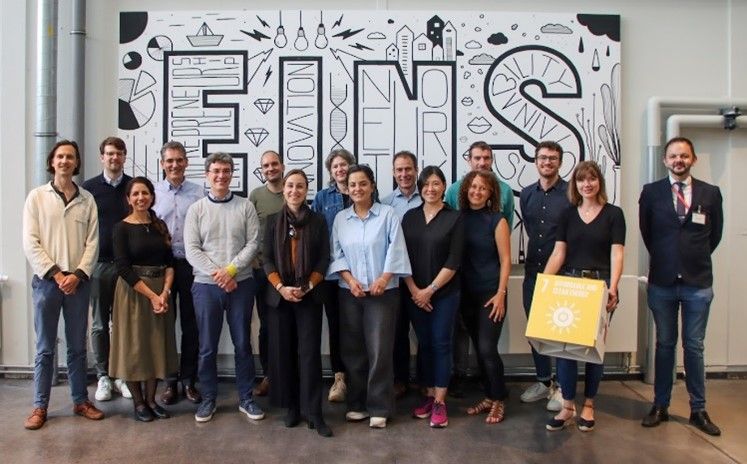
The IGCS focus area for Sustainable Use and Management of Energy explored the interconnections between energy, water, waste, and land use. Past projects have examined biofuel applications in engines and solar thermal systems for sewage treatment. Latest research within the Sustainable Power Engineering program aimed to develop innovative technologies for energy regulation and control, particularly concerning decentralized renewable energy sources.
The program emphasized interdisciplinary approaches, integrating insights from electrical engineering, environmental science, and technology development to address sustainability challenges. Initiated in collaboration with Maschinenfabrik Reinhausen at IIT Madras, IGCS emphasizes sustainable optimization of distribution grids. Field trials and collaborations with Cygni Energy, our industry partner had enhanced the practical applicability.
Research Projects
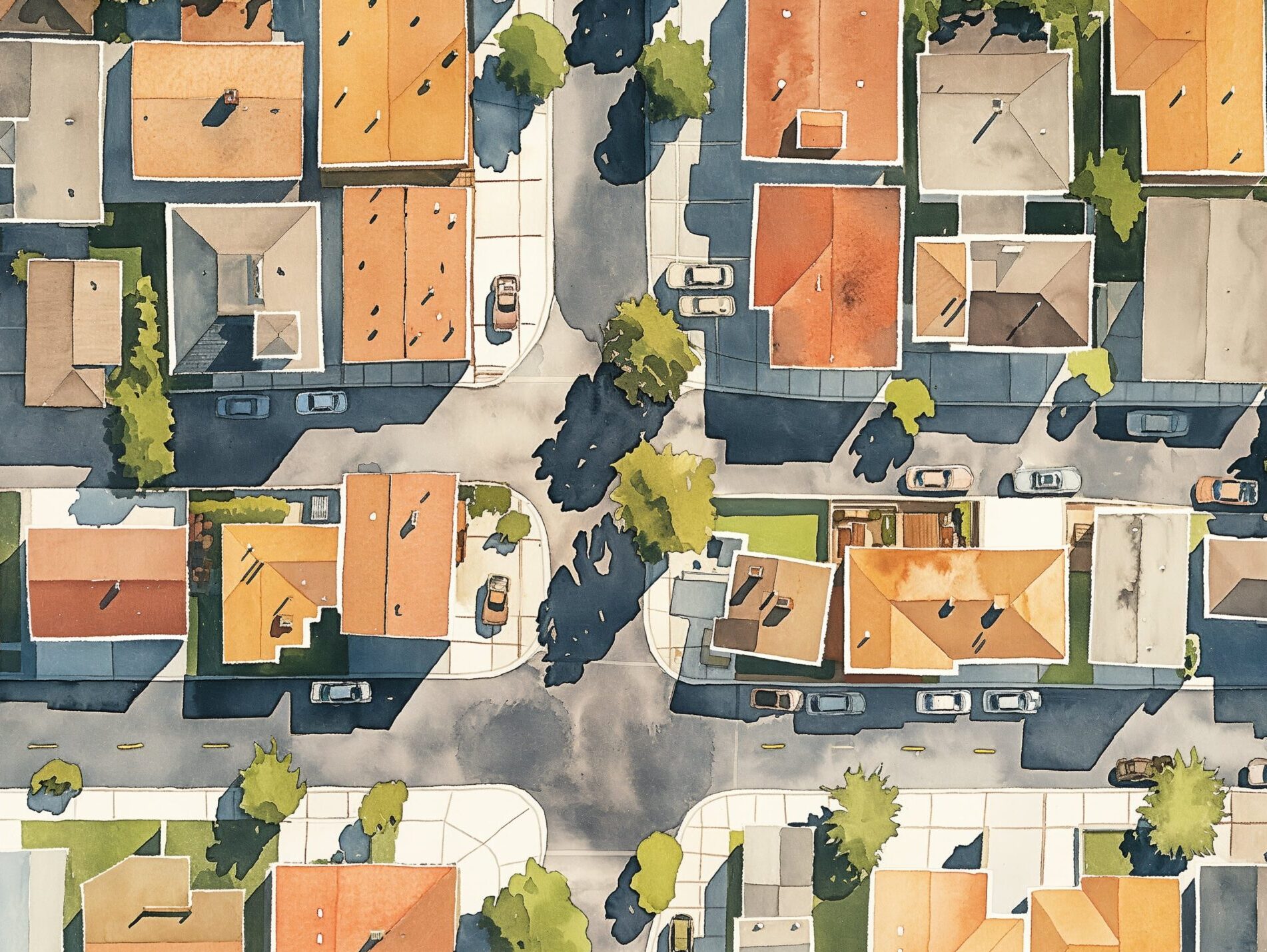
Microgrid Control Using Deep Reinforcement Learning (DLR)
The project focused on optimizing a microgrid system at IIT Madras (IITM) through Deep Reinforcement Learning (DRL), involving collaborative efforts between the two IGCS Area Coordinators for the Focus Area Energy- Prof. Krishna and his team at IITM and Prof. Behrendt and his team at TU Berlin. The DRL-based approach seeks to maximize the efficiency and effectiveness of microgrid operations, especially in integrating renewable energy sources like solar and wind.
The DRL algorithm automates the microgrid’s decision-making process, enabling it to respond in real-time to changing conditions, such as fluctuations in energy demand or variations in renewable energy output. This automation optimizes power distribution and minimizes energy waste, supporting the transition to cleaner, decentralized energy systems.
MSc. Nico Dabelstein, now a PhD student under the supervision of Professors Behrendt and Vasudevan, was leading the development of this algorithm. This research has broad implications for future energy systems, offering a flexible, efficient, and scalable solution for managing diverse energy sources in microgrids and potentially beyond.
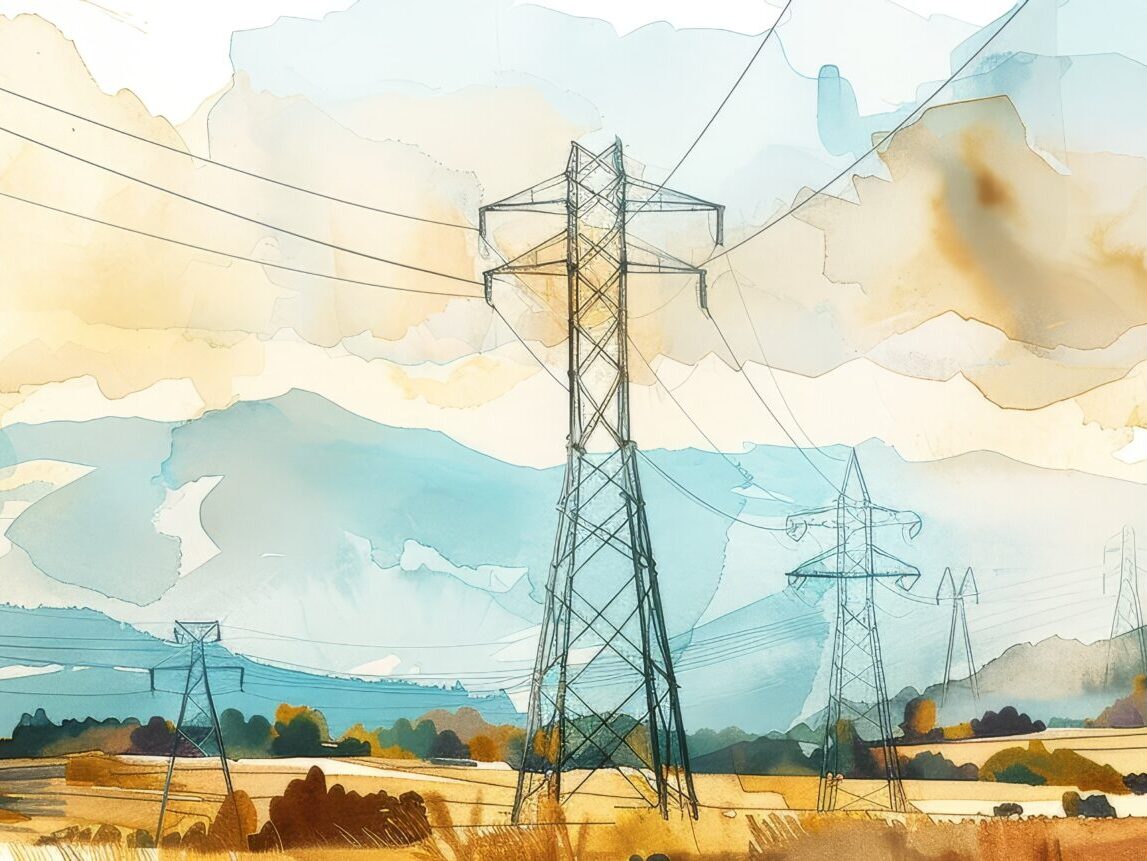
Waste-to-Energy via Micro-Pyrolysis Technology
This project aimed to convert biodegradable plastic waste into energy through micro-pyrolysis technology. Micro-pyrolysis heats materials like plastics in the absence of oxygen, breaking them down into useful by-products, such as gases, oils, and char, which can be directly used or further processed as energy sources. In collaboration with IGCS Area Coordinator for Focus Area Waste Management Prof. Vinu from IIT Madras, and IGCS post-doc for Focus Area Energy Dr. Alsouleman, IGCS team investigating how micro-pyrolysis could efficiently handle biodegradable plastics. This approach has the dual benefit of reducing plastic waste and generating renewable energy, addressing key environmental challenges.
This research aligns with IGCS’s broader commitment to sustainable energy and waste solutions, showcasing an interdisciplinary approach that brings together waste management and energy production.
Teaching
IGCS Summer School 2023
Addressing climate change, achieving net-zero emissions, conserving natural resources, and minimizing waste are critical global challenges, with the energy sector playing a key role. Today’s priorities—energy transition, clean energy, sustainability, and energy security—require innovative solutions driven by decarbonization, decentralization, and digitalization. The IGCS Summer School this year focuses on the technical aspects of integrating renewable energy into existing power grids as a pathway to a sustainable, carbon-neutral future. Indian and German students will work together to develop technical, economic, and social strategies for overcoming integration challenges and advancing large-scale renewable energy adoption.
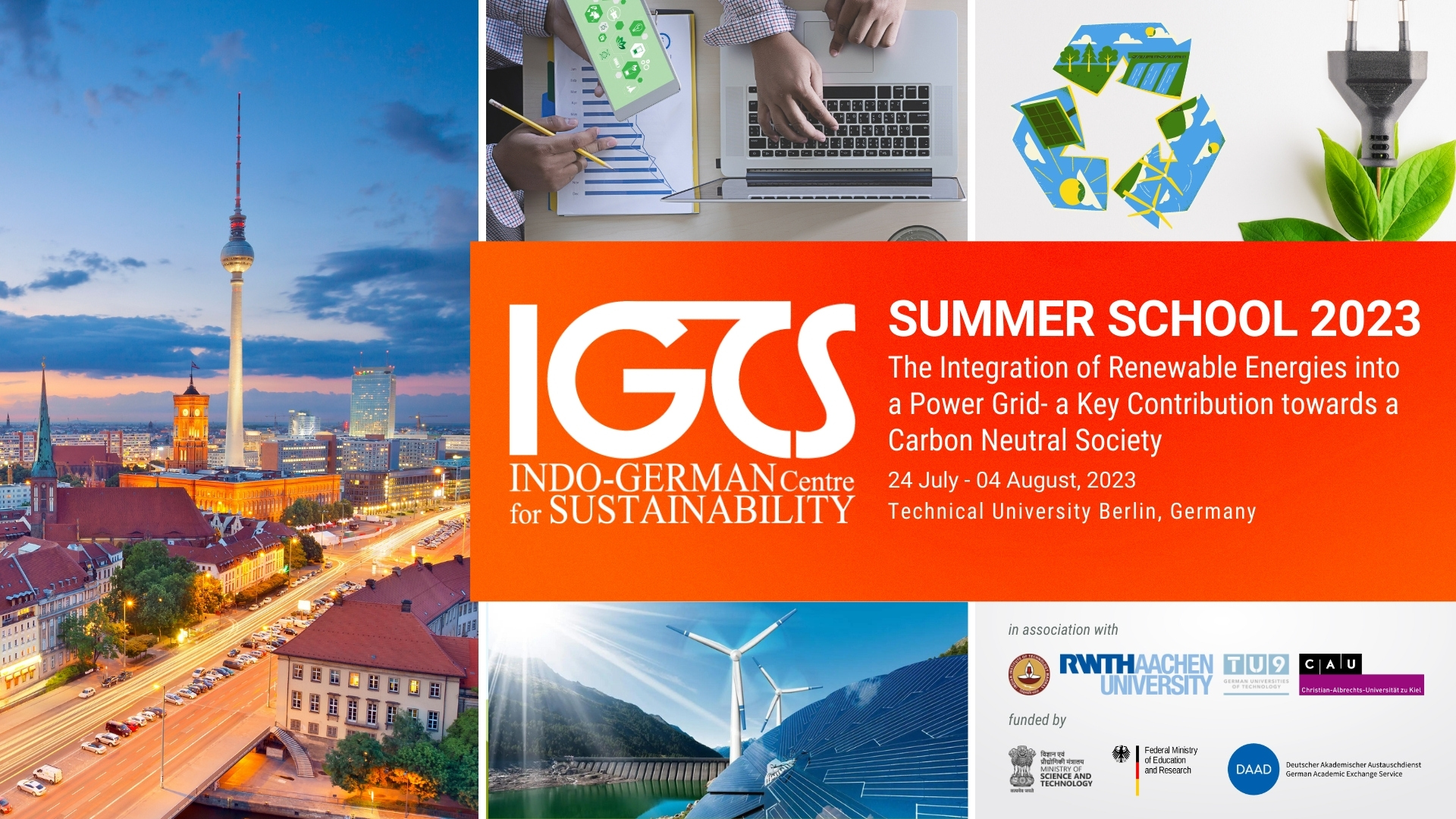
IGCS Winter School 2023
Global priorities now focus on energy transition, clean energy, sustainability, and energy security, with affordable, reliable energy essential for achieving these goals and supporting broader Sustainable Development Goals like health, education, and sanitation. Key trends—defossilization, decentralization, and digitalization—are driving renewable energy systems, particularly microgrids, as a promising solution for areas without centralized power infrastructure. This Winter School brings together Indian and German students to explore microgrids as resilient, reliable power systems, developing skills in microgrid operation, optimization, and strategies for overcoming economic, environmental, and social challenges.
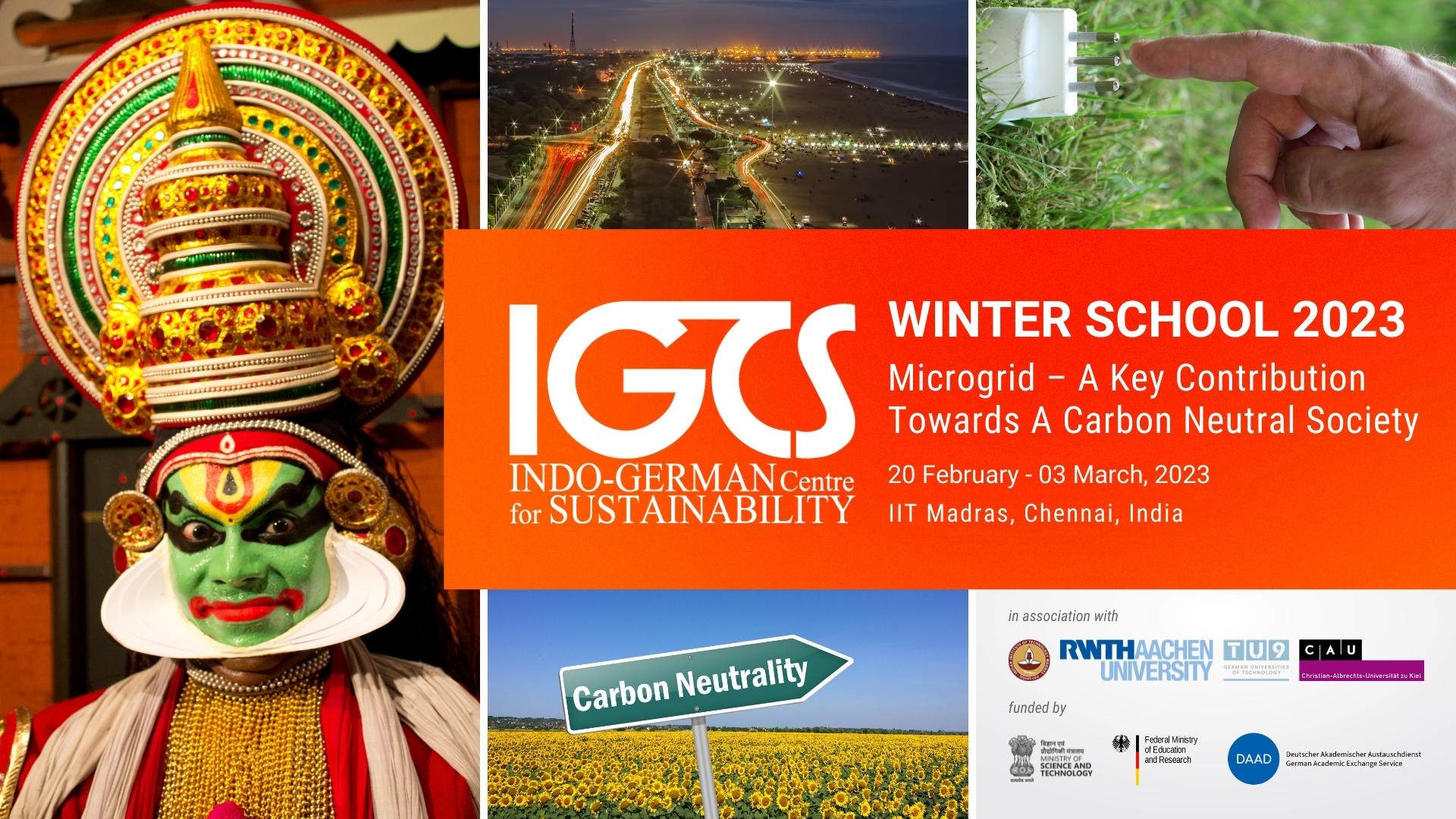
Activities
IGCS’ Dr Alsouleman visits University of Oxford
IGCS Postdoc Dr. Khulud Alsouleman is currently visiting University of Oxford.Read more about her exciting stay here: “I am pleased to announce that I have been awarded the Oxford Berlin Research Partnership Early Career Researcher Mobility Fellowship. This exceptional opportunity has enabled me to join the Energy Storage and Carriers group, led by Dr. BINJIAN […]
The Energy Consortium – IIT Madras to Organize Energy Summit, Invitation for Abstract Open
IGCS Post-doc Dr. Khulud Alsouleman moderates DAAD web talk
Energy Finance Conference India- 2022 in IITM
Dr. Khulud Alsouleman, IGCS Post-doc, Visits Chennai India
Publications
Research projects are one of IGCS’ supporting pillars and are reflected by numerous workshops, meetings, and project proposals. Cooperation in research projects goes beyond the IGCS partner universities and we regularly work together with various German and Indian institutions.
Reports/Books Chapters
20
Journal Articles
100
Conference Proceedings
63
Media Productions
Lab Videos
Immerse yourself in the forefront of scientific research with IGCS Lab Video Series. Our videos feature IGCS scholars and researchers showcasing their focus in their respective scientific fields. Explore our latest playlist to find a wealth of information and inspiration from the academic community.

